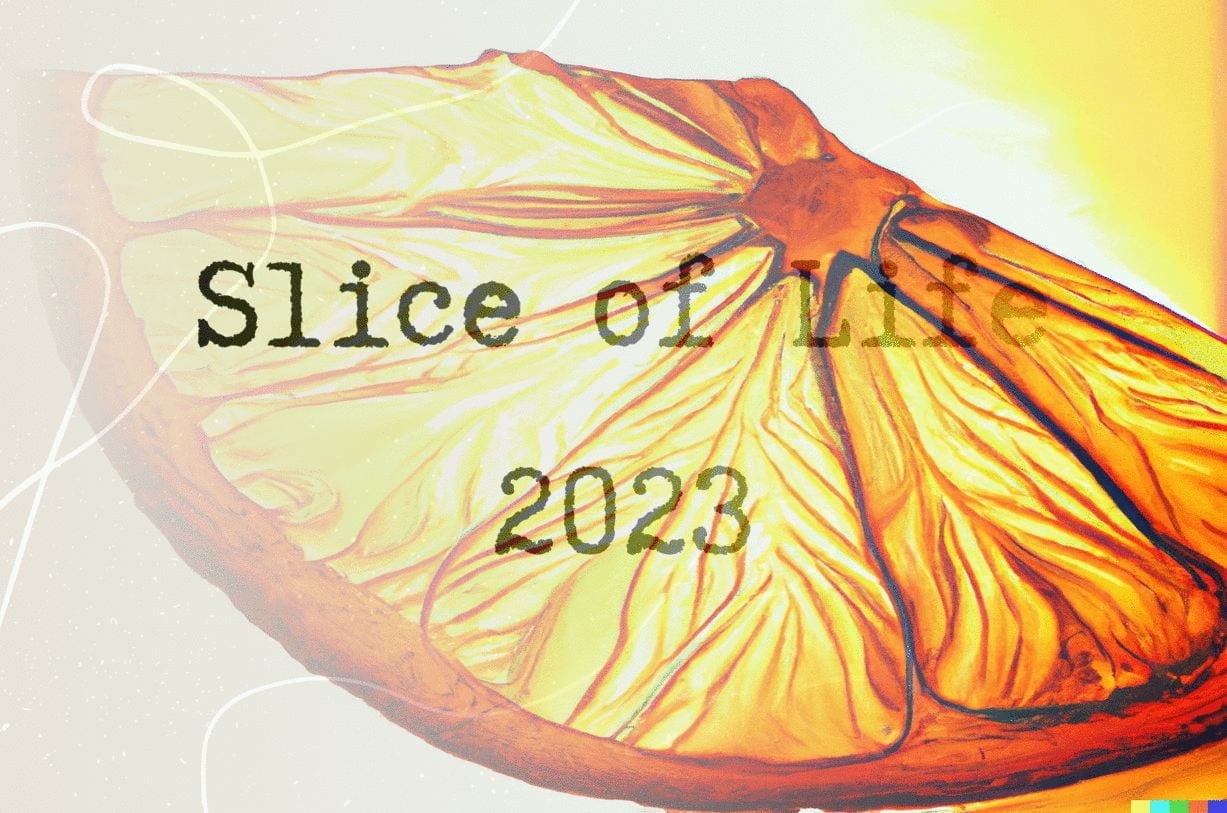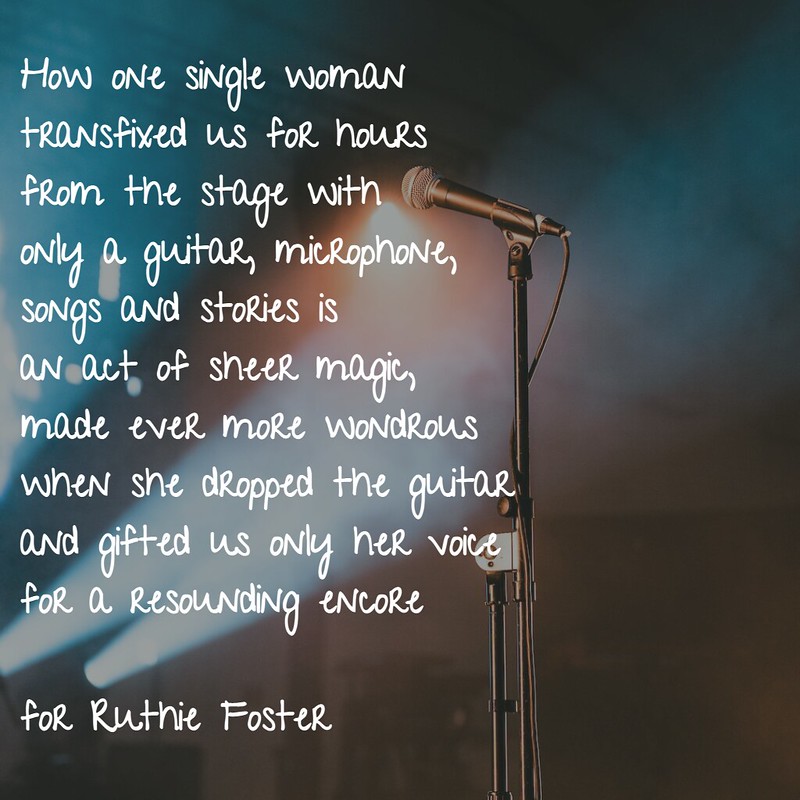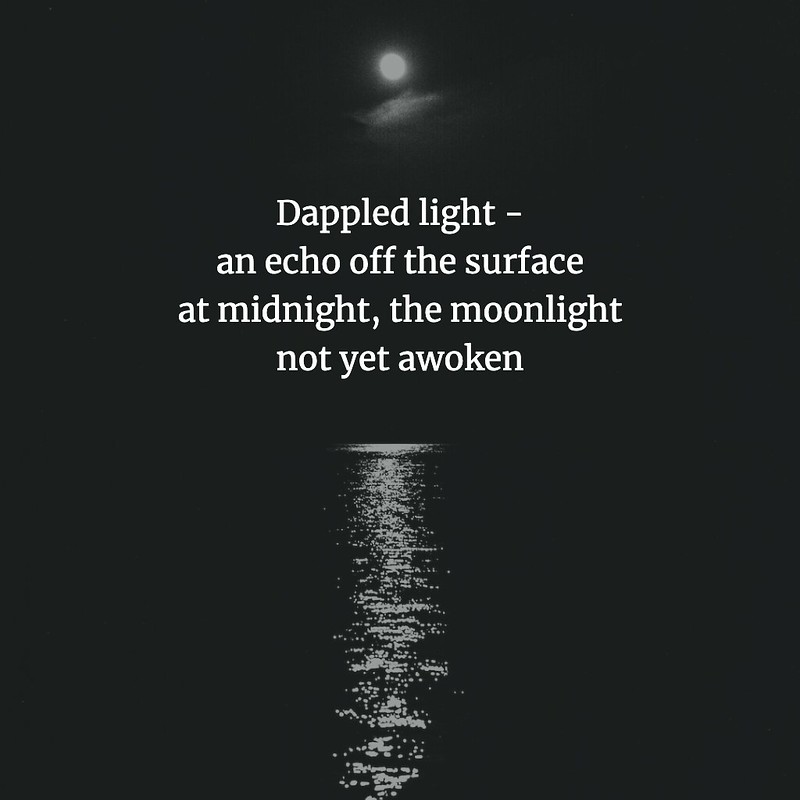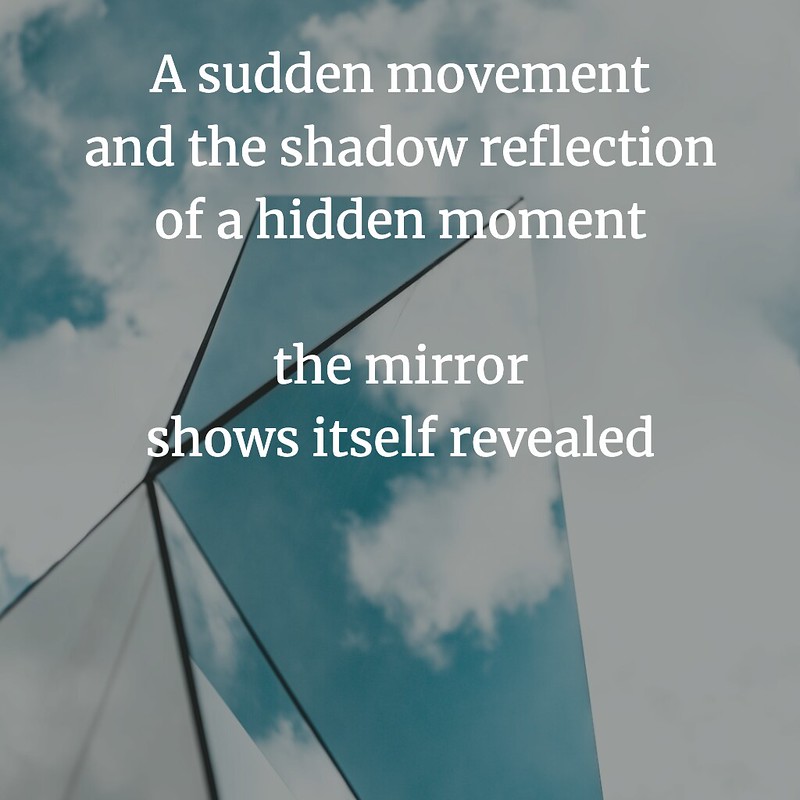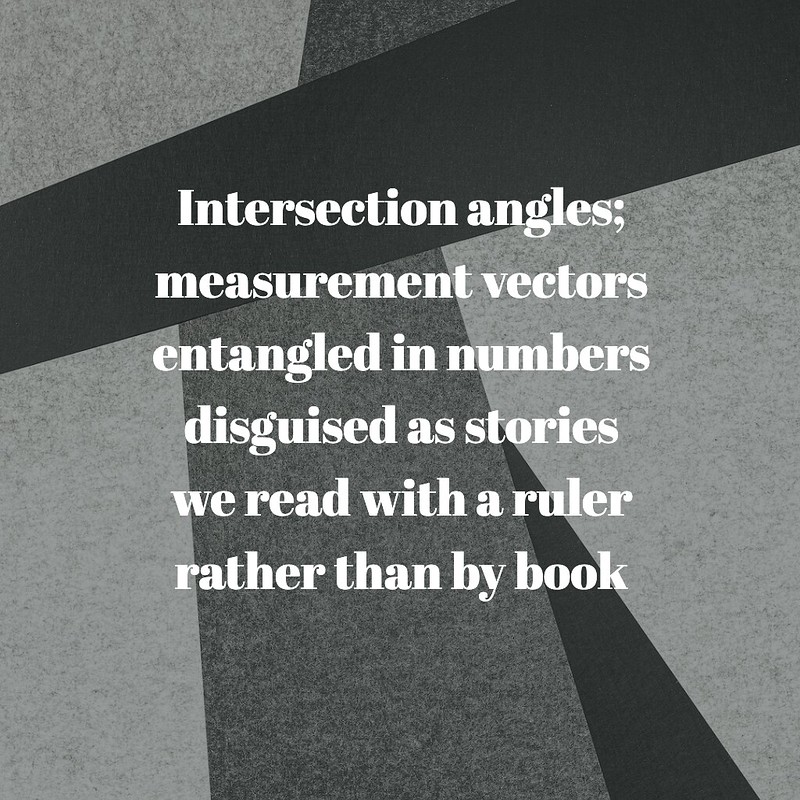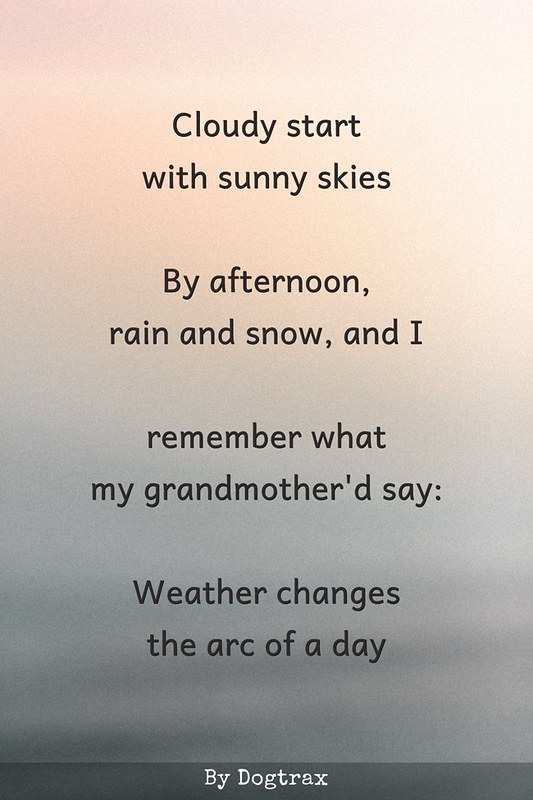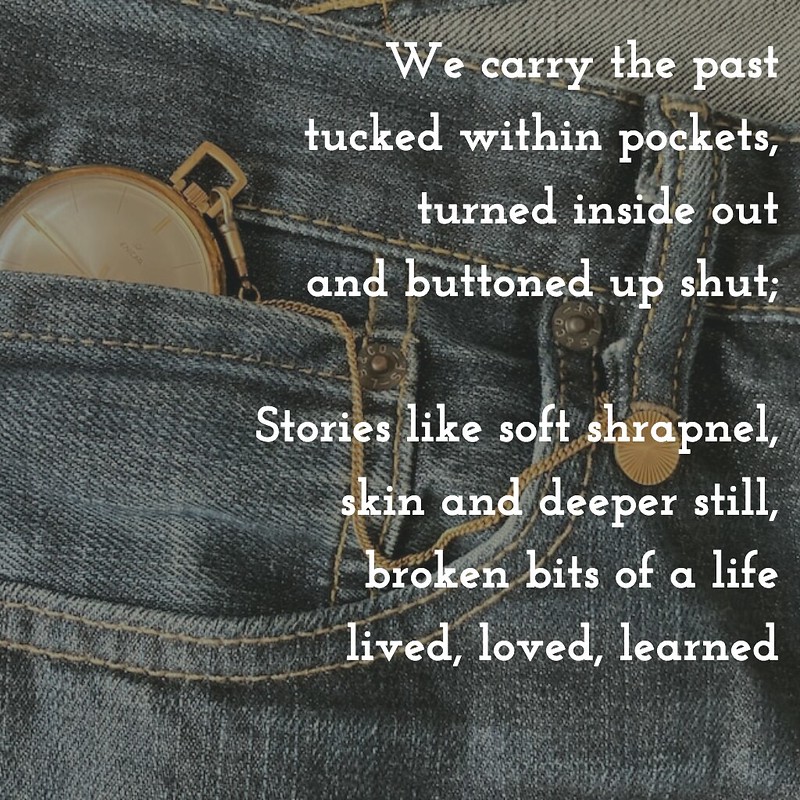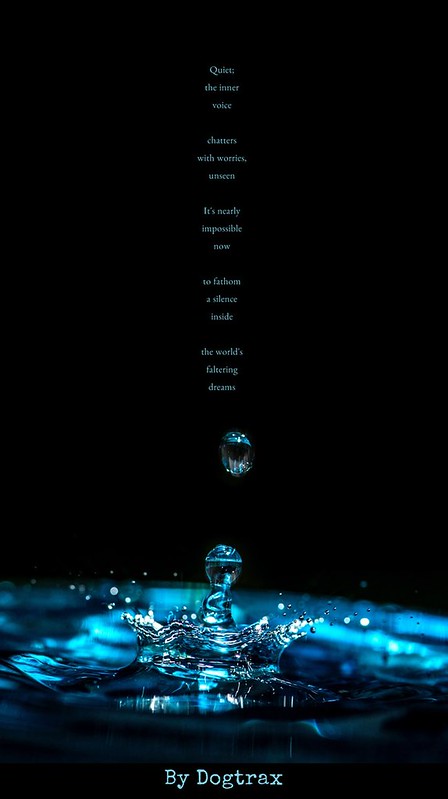My CLMOOC friend, Wendy T, shared the basic outline of an idea for using ChatGPT for a creative writing workshop, in which participants would use the AI to generate some text response, and then the participants would turn that text into found poetry through a blackout poem format. Intrigued, I decided to give it a go myself.
I had recently been listening to a podcast (On Being with Krista Tippett) about biomimicry, so the concept of turning to nature for solving problems or finding new ways to be creative was on my mind.
I asked ChatGPT about how musician use biomimicry to create music, and it responded:
Biomimicry is the practice of using nature as a source of inspiration to solve human problems and create sustainable solutions. In recent years, some musicians have turned to biomimicry as a way to generate new sounds and compositions.
One example of a musician who uses biomimicry is Bernie Krause, a bioacoustician and musician who has spent decades recording the sounds of nature. Krause has used these recordings as the basis for his music, creating compositions that blend natural sounds with electronic and acoustic instruments.
Another example is the French musician and composer Grégoire Lorieux, who has developed a technique called “biomimetic music” that uses algorithms to analyze natural sounds and transform them into musical notes and rhythms. Lorieux’s compositions include pieces inspired by the sounds of bird calls, insect chirps, and even the movements of plants.
Other musicians have used biomimicry to design instruments that mimic the sounds of nature. For example, the “bioacoustic” guitar created by luthier Paul Vo features a resonant chamber made from a gourd, which produces a sound similar to that of an insect’s wings.
Overall, biomimicry offers musicians a way to tap into the vast and diverse soundscape of nature, and to explore new sonic possibilities by taking inspiration from the natural world.
I found that information fascinating — particularly the examples in the field — but for a blackout poem (using a Glitch tool), the text was too long, so I asked Chat if it could shorten its response:
Yes, some musicians use biomimicry as a source of inspiration to create new sounds and compositions. For example, Bernie Krause has blended natural sounds with electronic and acoustic instruments, while Grégoire Lorieux has developed a technique that uses algorithms to transform natural sounds into musical notes and rhythms. Other musicians have designed instruments that mimic the sounds of nature. Biomimicry allows musicians to tap into the diverse soundscape of nature and explore new sonic possibilities.
Perfect. I put that text into the Blackout Poem tool and got to work, finding some threads and connections that might be more poetic than the Chat response. This is what emerged (as well as the image above):
Musicians use biomimicry
to create new compositionsBlended natural sounds:
electronic acoustic instruments
that transform natural sounds
into musical notes and rhythmsInstruments mimic nature
Musicians tap into the diverse landscape
of nature and sonic possibilities
Not bad! And one more step — I took that poem and moved it into a nature-themed background, and I think it came out quite nicely.
And one more experiment — this time with the full, long ChatGPT text but using a different poem mixer on Github that Wendy shared that “poemifies” text, although I am not sure how the site determines which words can be revealed and which can’t. This one is a variation but the creation seemed not as interesting, in my opinion. It is interesting that an entirely new poem emerges when you use a difficult platform, though.
This poem:
The nature turned new
compositions
Creating algorithms and
notes
Other instruments mimic
resonant wings
Musicians tap the vast
soundscape
This mix of human question, computer response, and then human intervention in the text gives the activity an interesting element, I found.
Peace (and Sound),
Kevin




